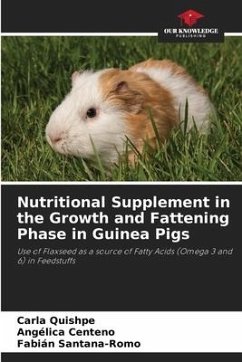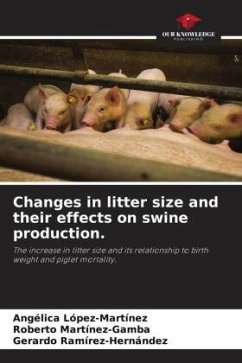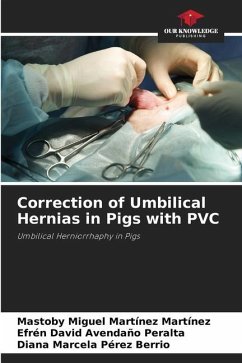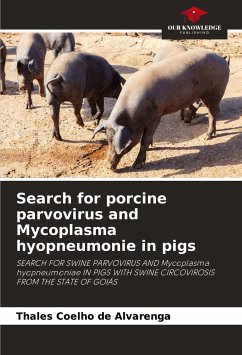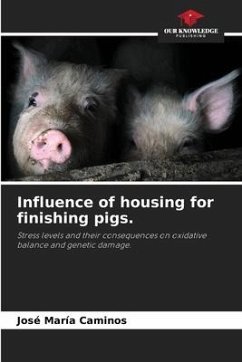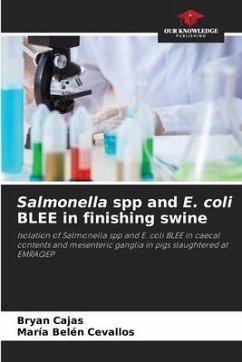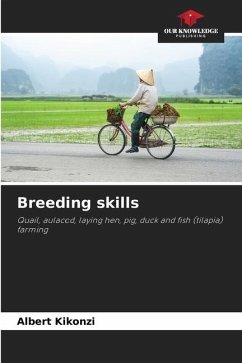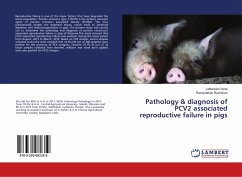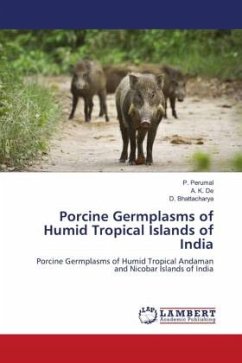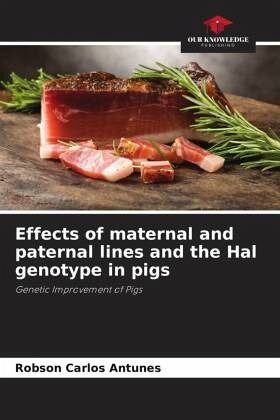
Effects of maternal and paternal lines and the Hal genotype in pigs
Genetic Improvement of Pigs
Versandkostenfrei!
Versandfertig in 6-10 Tagen
43,99 €
inkl. MwSt.

PAYBACK Punkte
22 °P sammeln!
Dissections of pig carcasses are necessary to calibrate the devices used in the meat industry for carcass classification. There is a strong tendency for the meat industry to adopt carcass typing in order to regulate the production and marketing of pigs, allowing producers to be guided towards producing the types of carcasses most in demand by the market and in order to obtain better prices. Technological advances have led to the development of increasingly sophisticated devices that can be used to measure bacon thicknesses and loin depths at positions on the carcass that are highly correlated ...
Dissections of pig carcasses are necessary to calibrate the devices used in the meat industry for carcass classification. There is a strong tendency for the meat industry to adopt carcass typing in order to regulate the production and marketing of pigs, allowing producers to be guided towards producing the types of carcasses most in demand by the market and in order to obtain better prices. Technological advances have led to the development of increasingly sophisticated devices that can be used to measure bacon thicknesses and loin depths at positions on the carcass that are highly correlated with the percentage of meat in the carcass. In modern pig farming, it is common to use commercial hybrids from highly specialized paternal and maternal lines, with maternal lines seeking characteristics such as prolificacy and milk production, while paternal lines seek hybrids with higher growth rates in lean meat and better feed conversion. This thesis deals with these aspects of pig genetic improvement.





